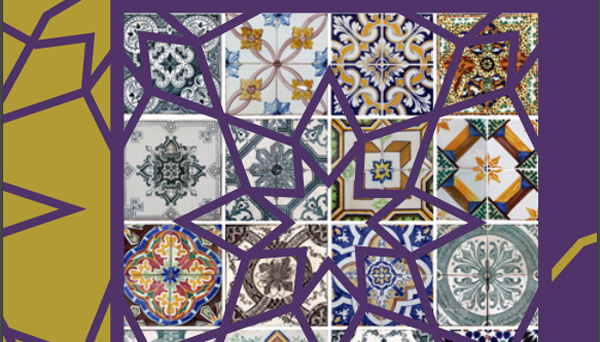EASA webinar 17 September 2021, 17:00-18:30 CEST
Fund but disregard? EU research funding and meaningful research impact
The European Union funds extensive academic research with the potential to inform humane and effective border policies. Yet evidence-based immigration policy is undermined by the EU’s increasingly repressive border regime. How do we make sense of this contradiction? And what are the transformations that are needed to address it?
To address these questions, we will speak in this webinar to Celine Cantat and Barak Kalir about their experience with EU funded research (Horizon 2020 and ERC). Drawing on Celine and Barak’s experience navigating EU funding requirements while trying to make meaningful policy impact through their research on migration and border regimes during the ongoing EU border crisis, we will open the discussion to the audience and ask: What are the opportunities and limitations of cyclical research funding to contribute to social change? What can learned societies such as EASA do to facilitate better use of anthropological insights into EU/national policies?
This event is the first in a series which continues our EASA webinar tradition initiated during the coronavirus pandemic. In the series we discuss pertinent issues that affect the anthropological community in Europe and beyond. In this webinar, we specifically connect two of the topics that the previous and current EASA exec committees have prioritised in our agendas: the question of research funding as structured within the framework of the EU and national agencies, and the question of scholars imperilled by the escalating political crises in Europe and beyond.
To foreground the discussion we suggest two texts from the contributors that speak directly to these issues: Cantat & Kalir 2020 and Guild & Makaremi 2021.
Chair: Chowra Makaremi, IRIS (CNRS/EHESS) and EASA exec member
Céline Cantat is Academic Advisor at the Paris School of International Affairs. She holds a PhD in Social Sciences from the University of East London, an MSc in Globalisation and Development from SOAS, University of London, and a BA in European Studies from King’s College London. Her academic work has focused on migration, humanitarianism, solidarity mobilisation and the relation between macro processes, such as globalisation and state formation, and the forced movement of people within and across borders. She is also interested in higher education and in particular on the politics of university access.
Barak Kalir is an anthropologist based at the University of Amsterdam. He is the co-director of the Institute for Migration and Ethnic Studies and is currently involved in the H2020 project: Advancing Alternative Migration Governance. Barak recently rounded off an ERC-funded project entitled: The Social Life of State Deportation Regimes. His recent publications include: “Departheid: The Draconian Governance of Illegalized Migrants in Western States” (Conflict and Society), “Repressive Compassion: Deportation Caseworkers Furnishing an Emotional Comfort Zone in Encounters with Illegalized Migrants” (PoLAR), and a co-edited special issue on “Re‐searching access: what do attempts at studying migration control tell us about the state?” (Social Anthropology).







